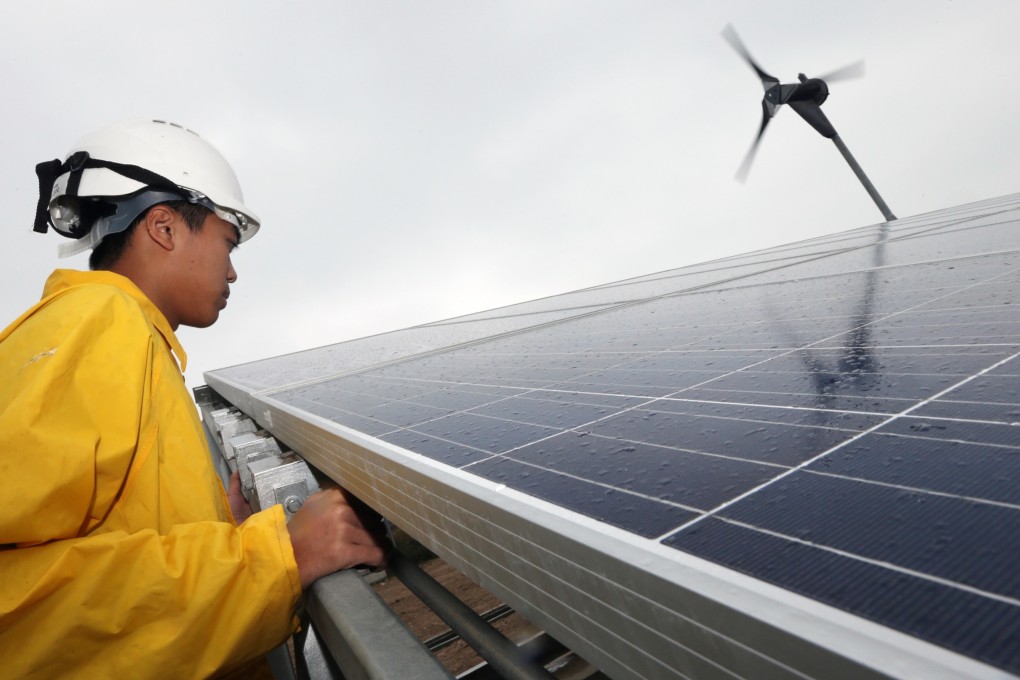Letter of the Law: Throwing light on HK's lack of investment in solar power
Regulation holding Hong Kong back from becoming a world-class solar energy centre

American and European customers are alight with excitement. Recent changes in US law particularly allow customers to put solar panels on their houses and in their portfolios. While pundits debate the merits of solar energy, one incontrovertible fact remains: New York - and London, to a lesser extent - will remain solar finance hubs.
However, because of Hong Kong laws, aspiring solar investors such as tycoon Cheng Kin-ming will remain the exception rather than the norm.
A part of our financial law which regulates an obscure area known as "securitisation" is partly to blame. In California, for example, you can use a website run by Mosaic Inc to raise money for solar panels. You can sell interests in the money coming from the panels - looking at pictures and prospectuses online. Mosaic almost looks and feels like eBay or Amazon.
In Hong Kong, two things prevent such securitisation. First, crowdfunding rules are much more stringent here. Second, peddling interests in low-value solar panels is just as hard here as selling interests in multibillion-dollar derivatives. These lapses are a shame. A research paper published by myself, Simon Zhao and Dariusz Wojcik estimates that the market for such securitisation in Hong Kong comes to US$20 billion.
US law makes crowdfunding easier, with the passing of the Jumpstart Our Business Startups Act in 2012. Part of that act allows small firms to market investments to savvy investors without a lot of red tape.
In Hong Kong - with some exceptions - young solar companies must jump through the same hurdles, when they sell interests in their solar panels, as Hutchison Whampoa selling a new chunk of shares. Middlemen who want to raise money for the solar industry must register as middlemen - with all the red tape involved.